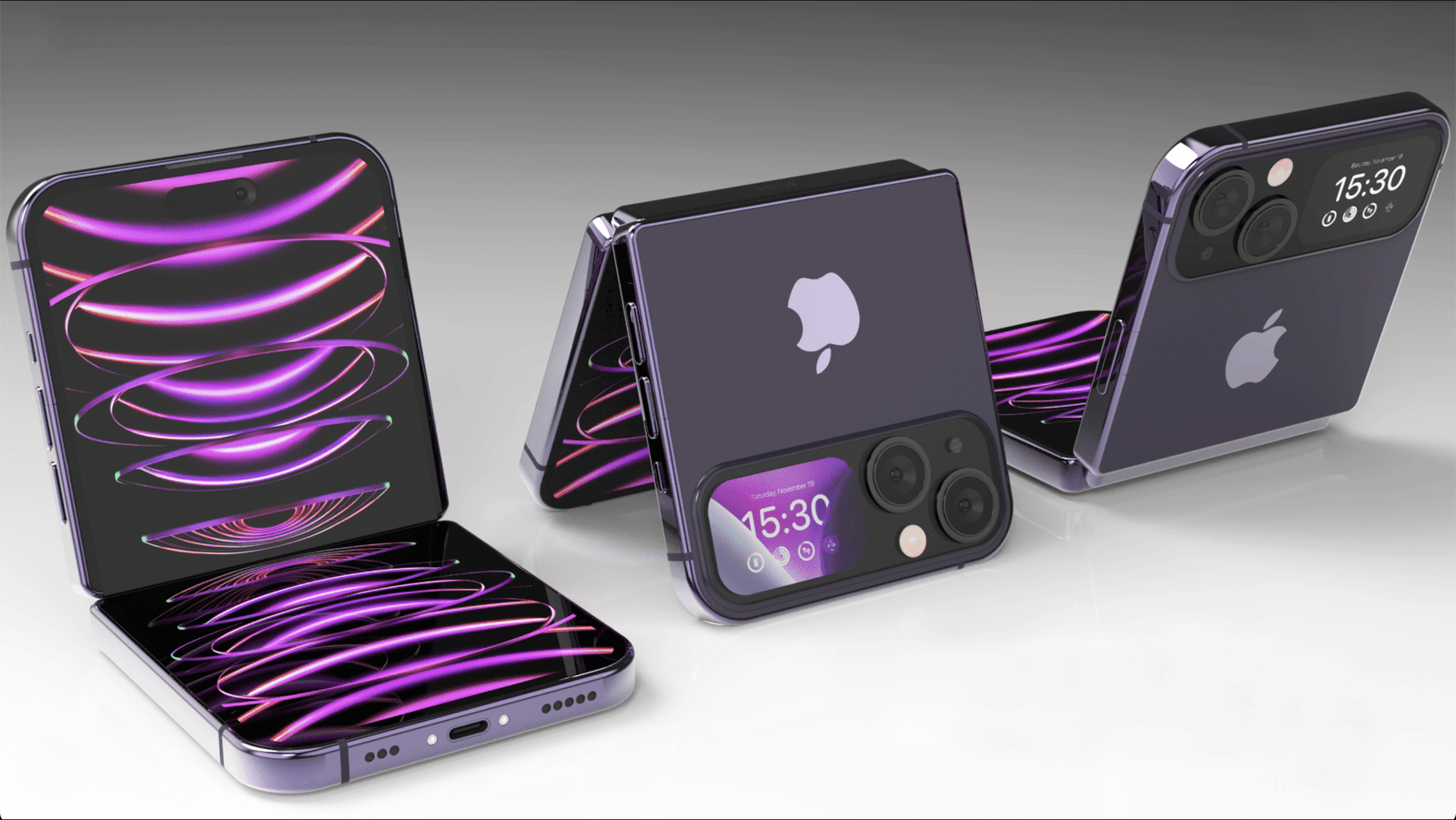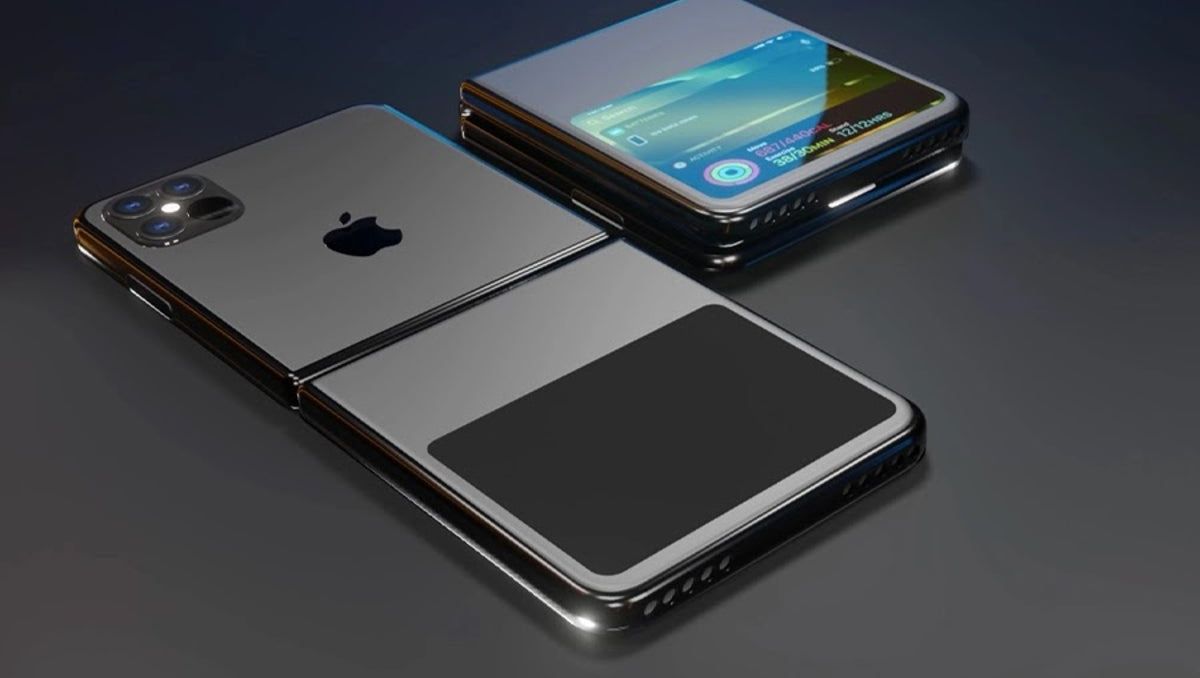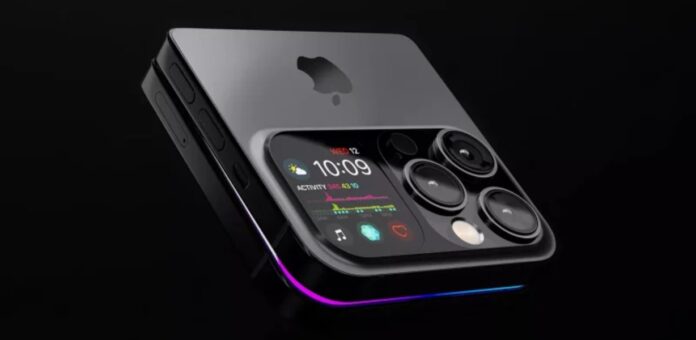Apple is set to revolutionise its flagship with a foldable iPhone in 2026, something most fans have been looking forward to. Following years of cautious development and testing, sources claim Apple will introduce a high-end book-style foldable phone with the iPhone 18 lineup.
Here’s a detailed overview of what to expect
Launch Timeline and Availability
Apple expects to initiate production in late 2025, followed by full-scale launch in the second half of 2026, at the same time as the iPhone 18 launch. Supply-chain sources, such as Ming‑Chi Kuo, affirm that Foxconn will initiate trial production in Q3 2025.
Scaling up through early October, first production is at 15–20 million units within 2–3 years. However initial shipments could be only 3–8 million devices. That minimal output fits with its high-end price and Apple’s standard approach to dip the toe in before it plunges in.

Design: Book-Style Layout & Crease-Free Display
The foldable iPhone will open like a book, similar to Samsung’s Z Fold range. It will have a big 7.8‑inch inner screen and a 5.5‑inch outer display, perhaps in a near‑4:3 ratio.
Apple allegedly selected Samsung Display’s OLED panels, focusing on a near crease‑free folding experience. Rumored thickness is approximately 4.5 mm unfolded, and 9–9.5 mm folded .
Expect premium materials: a titanium and stainless steel hinge alongside durable casing. Apple reportedly developed a liquid‑metal hinge, up to 2.5 times stronger than standard alloys, aiming to reduce wear and refine the users’ folding experience.
Its design prioritises longevity and user feel, something Apple emphasises in every product.
Biometric Innovations & Hardware Features
To accommodate the thin profile, Apple can substitute Face ID with side-mounted Touch ID. Two rear sensors and potentially an under-display front camera are included for cameras. Internally, it will utilise the newest A‑series chip and possibly a custom 5G modem, inheriting shared tech from the iPhone 17 Air series.
Pricing & Positioning
Apple’s foldable version will be its priciest to date when it launches. Initial estimates put it at US $1,800–2,500. UBS numbers indicate a bill-of-materials cost of around US $759, just below Samsung’s Fold SE, enabling Apple to enjoy healthy margins of 53–58% .

Market Impact & Competition
Apple’s arrival might revive a languishing foldable segment. Following double-digit growth between 2019–2023, foldable adoption plateaued in 2024 and fell in 2025.
With Apple’s ecosystem and brand pull, a foldable iPhone might revive enthusiasm. Yet, it arrives in a crowded segment where Samsung’s Z Fold 7 already has high standards in display, AI capabilities, and camera features.
Apple’s foldable iPhone is a promise of cutting-edge innovation: a stylish form factor, high-end materials, crease-free screen, and top-end internal specs. Launched in late 2026 with a premium price tag, it is aimed at early adopters and enthusiasts.
Its initial limited production is a sign of Apple’s cautious strategy. If executed well, this action could revolutionise foldable devices and put pressure on others to follow suit. But to differentiate, Apple needs to deliver on durability, smooth-fold mechanics, and new software capability.
Stay tuned to Brandsynario for latest news and updates




































